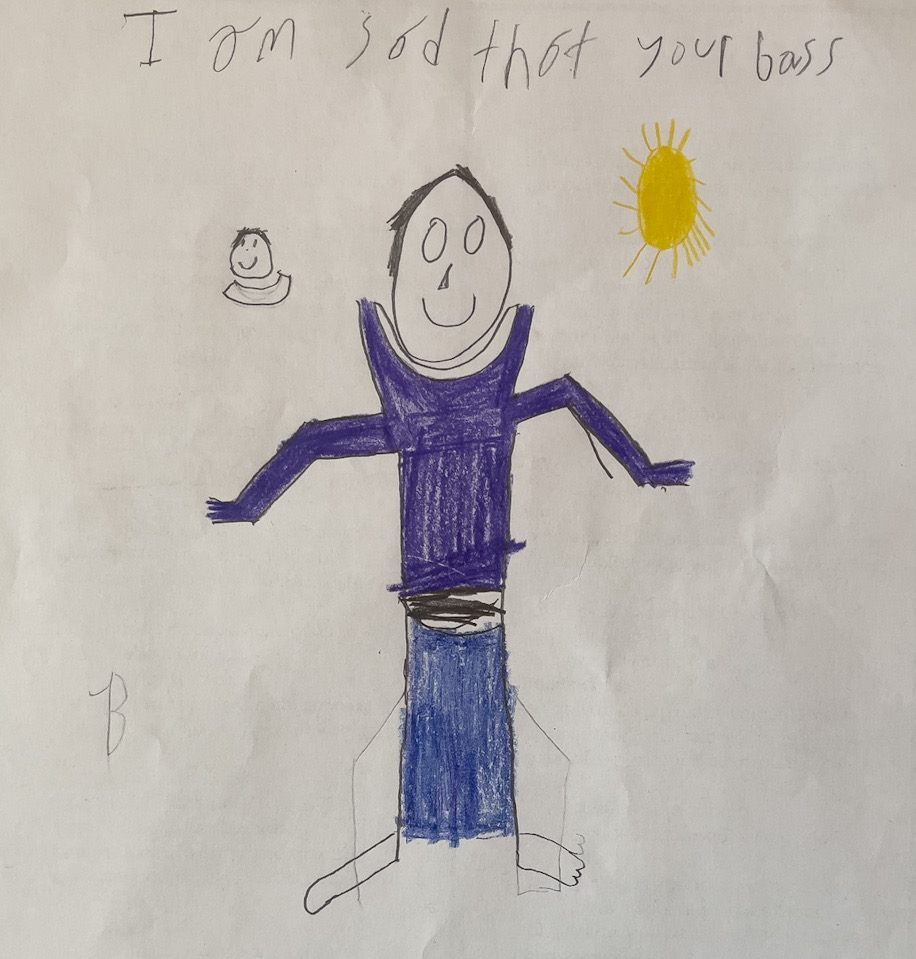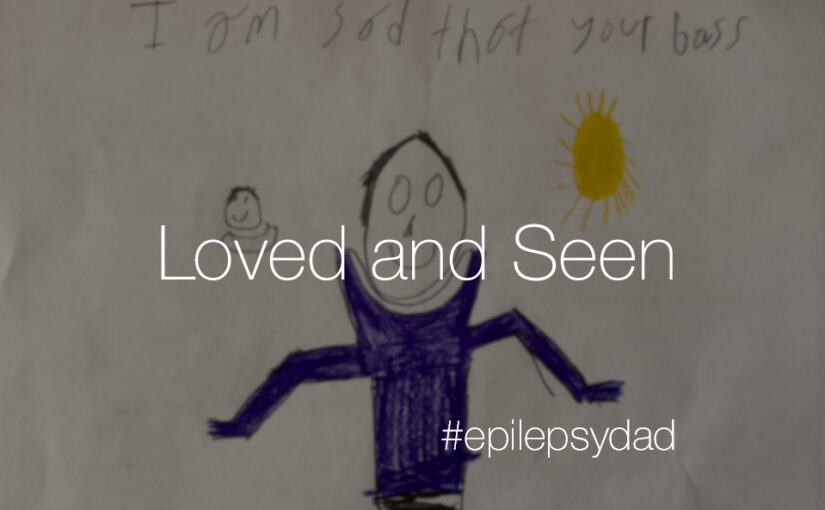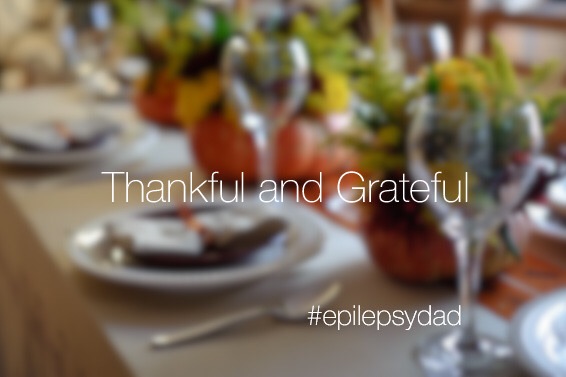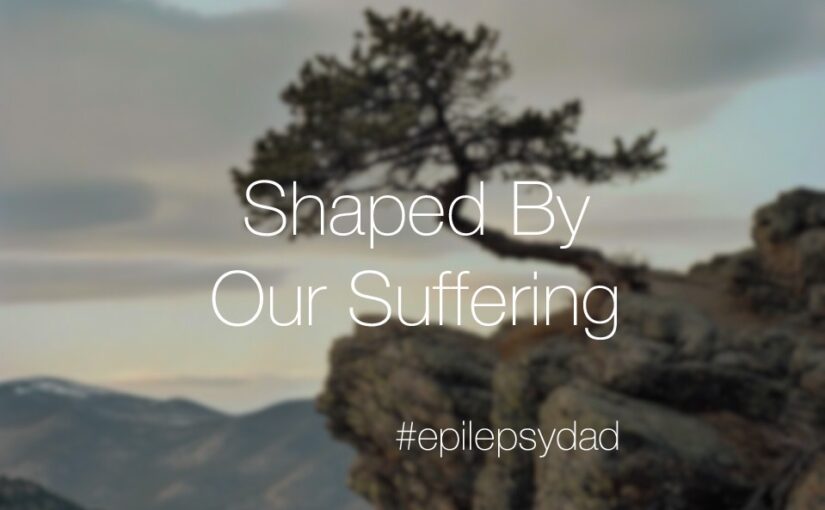I’ve been having a hard time at work recently.
The other day, I picked my son up from school. As he usually does when he gets into the car, he asked me how my day at work was.
“Today was rough, pal.”
After a brief pause, he turned to me and said, “I’ll call your boss and tell them that you’re doing a great job and to not make you work so hard.”
As his words hit me, the stress immediately left my body.
It was the perfect thing to say.
“I really needed that, pal,” I responded. “Thank you.”
His face lit up with a huge smile. That smile was everything.
When I got home, I told my wife what our son had said. She was so proud of him, and we were still talking about what he did when he came into the room. He wanted to tell her what he had done, too, because he was also proud of himself.
After celebrating the moment and its meaning, we told him that taking care of me was not his responsibility. My wife and I came from backgrounds where we often felt responsible for our parents’ feelings, and we wanted him to understand that it wasn’t his job. His job was to continue to be our amazing, empathetic, funny, loving son.
But we also wanted him to know how wonderful it feels to have someone worry about you. It doesn’t have to be about doing anything or carrying the other person’s feelings. Just giving them space in your thoughts can be enough to make them feel loved and seen.



